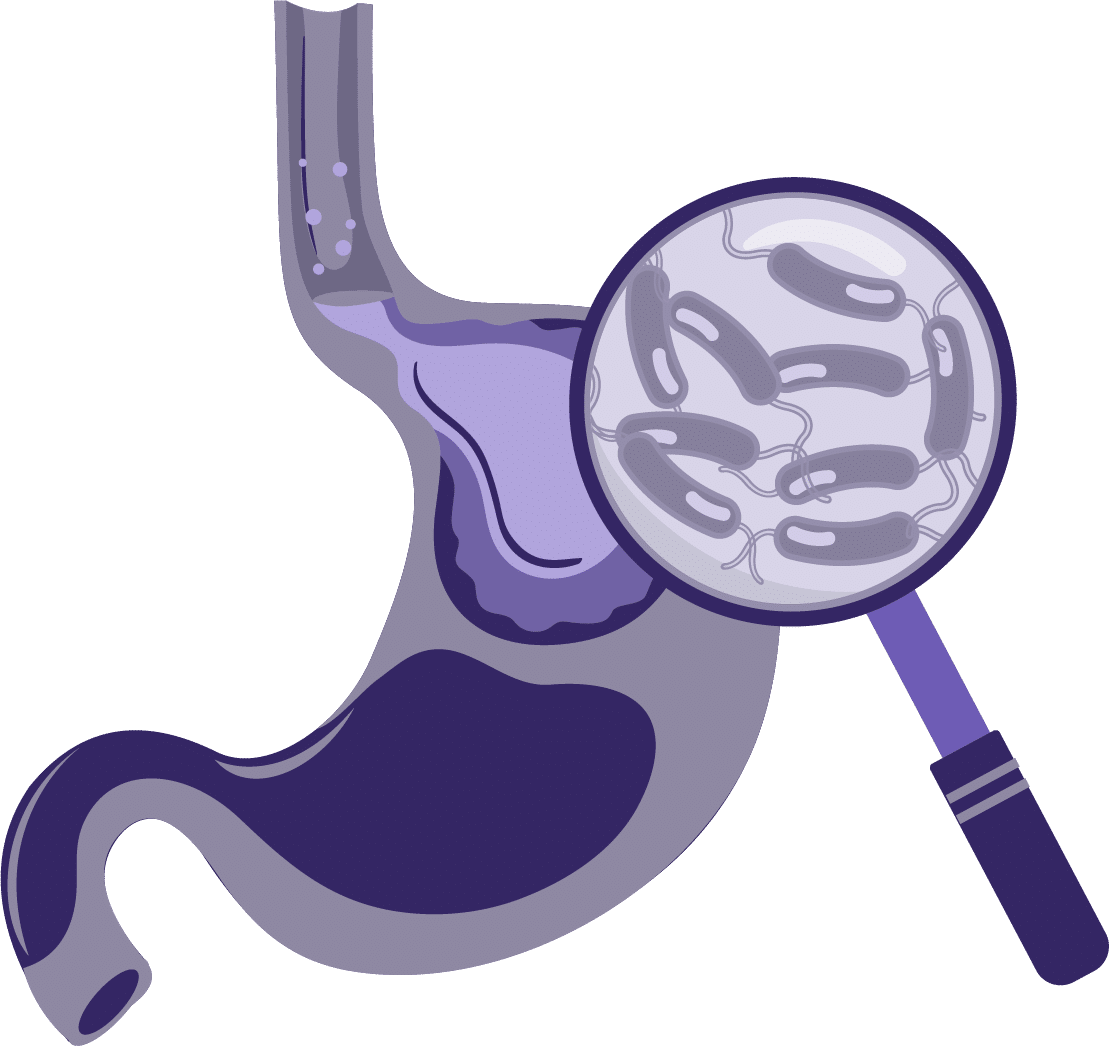What is Mesenteric Adenitis?
What is Mesenteric Adenitis?
Lymph nodes are small structures that are part of your body’s lymphatic system and plays a vital role in the immune system, as it filter’s harmful bacteria from the lymph fluid and assist the immune system in building an immune response.
Mesenteric adenitis can mimic appendicitis or intussusception, a condition in which part of the intestine slides into another part of the intestine. Appendicitis usually requires surgery. Unlike appendicitis or intussusception, mesenteric lymphadenitis is seldom serious and usually clears up on its own.
- Abdominal pain that comes on suddenly, often near the belly button, on the lower right abdomen or the pain can be more widespread
- General abdominal tenderness
- Fever
- Nausea and vomiting
- Diarrhoea
- General sick feeling, known as malaise
- Weight loss
These symptoms may appear after your child has a sore throat, cold or other respiratory infection.
The most common cause of mesenteric lymphadenitis is a viral infection, such as gastroenteritis, often called the stomach flu. Other causes of mesenteric lymphadenitis include bacterial infection, inflammatory bowel disease and lymphoma.
When infection occurs, the number of white blood cells increase and the lymph glands swell and is painful.

DIAGNOSIS
In order to diagnose mesenteric adenitis, the doctor will ask a medical history and perform a thorough exam. Tests may include:
- Blood tests
- Imaging studies such as an abdominal ultrasound.
TREATMENT
Mesenteric adenitis is usually mild and may last a couple of days. In most cases, the problem will resolve without intervention, however, antibiotics might be prescribed for a moderate to severe bacterial infection.
- Bed rest, as adequate rest can help with recovery.
- Drink lots of fluid as liquids help prevent dehydration from fever, vomiting and diarrhea.
- Apply moist heat.A warm, damp washcloth applied to the abdomen can help ease discomfort.
COMPLICATIONS
Mesenteric adenitis is usually not serious, however can cause complications that include:
- Abscess formation
- Dehydration
- Joint pain (called arthralgia)
- Peritonitis, a rare condition that causes inflammation of the membrane that surrounds the lining of the abdominal organs
Prevention
Although mesenteric adenitis is not always preventable, the risk of bacterial and viral infections can be reduced by:
- Regular and thorough hand washing with soap and water
- Avoiding sick people, as bacteria and viruses can spread easily between people in close contact with one another
- Regularly disinfect places such as the kitchen and bathrooms
